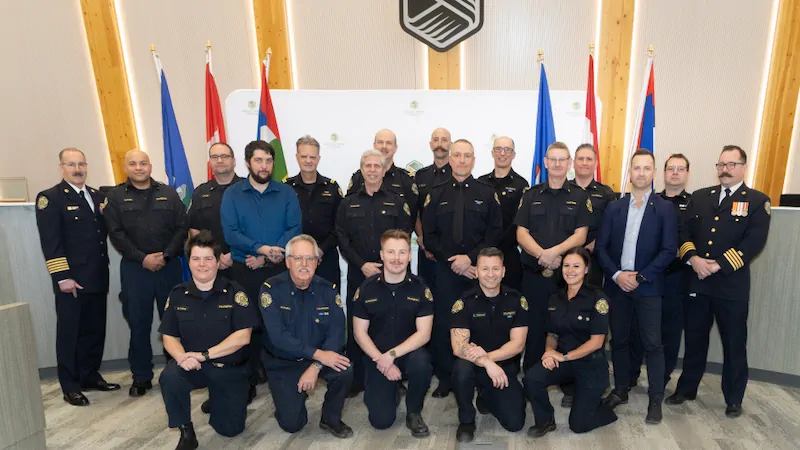A few years after we were married a good friend said to me, “Duane, are you happily married?” I pondered the question and then replied, “I didn’t know the goal of marriage was to be happy!” Unfortunately, many people use the ruler of happiness to measure the success of their marriage. There are many events that inject disappointment, discouragement, and despair. A prolonged illness, death of a close friend or family member, absence of sunlight, loss of a job or the upheaval of a pandemic like COVID-19, can all leave us living under a cloud. Color, noise, smells, atmospheric pressure, and a host of over factors can all bring adjustment to our happiness meter.
Marriage is not about making each other happy. Happiness can and does come to a good marriage, but happiness is a byproduct of growth and life. It is not the goal. As I said, our happiness is dependent on the happenings of our life.
In reality, happiness usually is the result of our being in a good place inside ourselves and our having done the character work we need to do so that we are content and joyful in whatever circumstance we find ourselves. Happiness is a fruit of a lot of hard work in relationships, careers, spiritual growth, or a host of other areas of life. But nowhere is this as true as in marriage.
Marriage is a lot of work, period. I don’t know anyone who has been married very long who does not attest to that. When couples do the right kind of work – character work – they find that they can gain more happiness in their marriage than they thought possible. But it always comes because of going through some difficult moments. Conflicts, fears, and old traumas. Big and small rejections, arguments, and hurt feelings. The disillusionment of someone being different than was imagined. The difficult task of accepting imperfections and immaturity that are larger than one thinks they should be. These circumstances can either build walls that alienate and separate us, or they can be bridges that bring insight and understanding.
You say, “Hey, Duane, that is good theory but how does it work?” Let me give you an illustration. A couple came for counseling because of the tension that existed over their diametrically opposite views on the discipline of children. One was the army sergeant who wanted immediate and uncontested obedience. The other was the benevolent rule-bender who was convinced that everything would work out in the end. As it turned out legalism and leniency touched several areas of their life.
- First, I asked them to define their goals. I asked them to write out their over- arching goal for their children. Both wanted their children to be responsible citizens who would add value to their sphere of influence.
- Second, I asked them to write the character qualities that would be important if that goal was to be achieved. From the character qualities listed, I asked them to agree on the top three and to give the reason for their choice. Once they had agreed on three-character qualities, I then asked them to write out the negative side of that quality. For example, the negative of diligence would be slavish, servile, or one-tracked mind. The parents needed to recognize that they could define the child negatively or point him in the direction of positive choices that would build the positive side.
- Third, they needed to make a commitment to not allow differences to divide them. I had them write out their difference, put it on a chair and then stand opposite each other with the chair between them. I had them each move toward the other person until they were standing together. Don’t let differences divide you allow them to build bonds of understanding.
Difficulties, differences, and disappointments are normal. They are not insurmountable barriers to happiness. When people work through them, they usually experience happiness, but it is usually a happiness of a deeper and better sort. If, however, they hit these inevitable walls and have the attitude that this problem is “interfering with my happiness,” they are in trouble. They will be angry with the “inconvenience” of their happiness being interrupted and will refuse to solve the issues or will just leave the relationship. Don’t give up, GROW UP!
Happiness must not be confused with joy. Joy is that inner tranquility that comes from knowing there is a God who is bigger than my circumstance who can bring good into my life through pain, rejection, disappointment, or deprivation.
When I ran my first marathon, I discovered how important endurance was to carry me through the pain and fatigue. The classroom could teach me the facts of endurance, but the marathon built it into my life.
I am grateful for the joy we have experienced as we have allowed the circumstances of our life to deepen our relationship. I look forward to crossing the finishing line with my beloved with joy. And if there is happiness, I’ll take that too. Keep looking up and I’ll see you at the top.
Duane Harder























